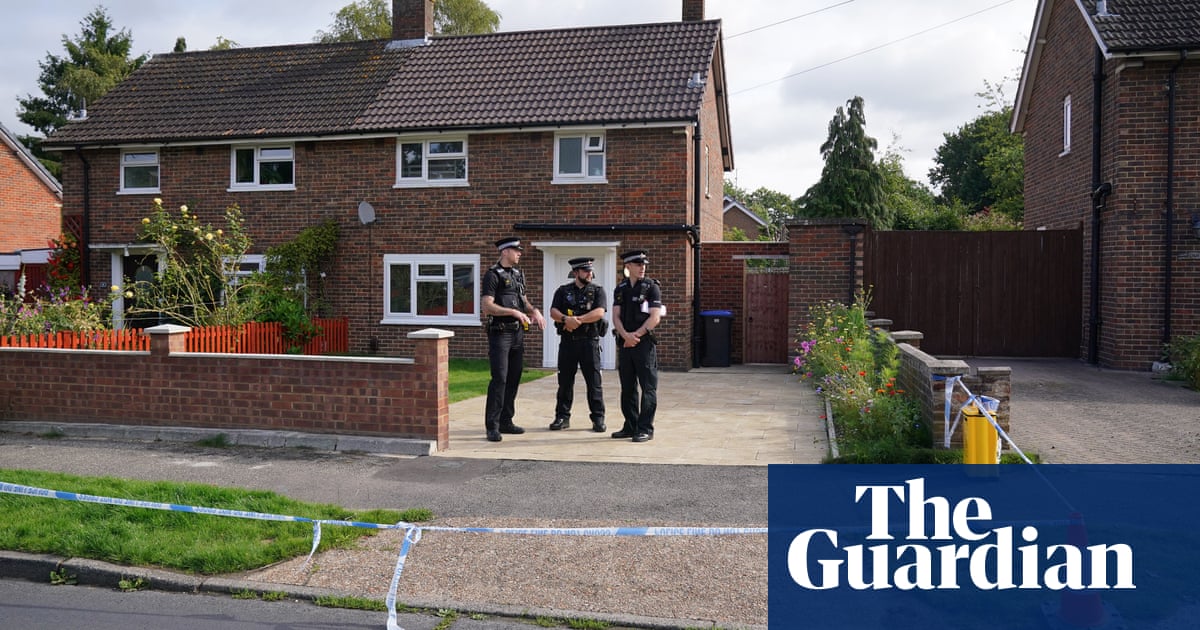
The equalities minister Kemi Badenoch has strongly condemned the strip-searching of a 15-year-old black girl in a London school, but said the public backlash against the incident shows the UK is “a country that cares about ethnic minorities”.
The experiences of Child Q were repeatedly raised with Badenoch by MPs, as she presented the government’s strategy for tackling racial disparities in the UK.
She called it an “appalling incident”, welcoming the fact the Met had apologised, and that the case was being investigated by the Independent Office for Police Conduct (IOPC).
Badenoch added: “What we cannot do is stop any bad thing from happening to anyone in the country at any time. That is a threshold that is impossible to meet.
“But what we do know is that everybody is rightly appalled and outraged by what happened to Child Q. That is an example of a country that cares about ethnic minorities and about children in the system, and we will continue to do everything we can to support them.”
The Labour MP Diane Abbott pressed Badenoch about the case in the House of Commons, giving some of its shocking details.
“Is the minister aware of how degrading this strip search was? It wasn’t that she was just stripped naked; they made her part the cheeks of her bottom and cough. She was on her period,” Abbott said. “I could give more detail but I don’t want to distress people in this house.” She added that the girl was “still traumatised”, and no drugs were ever found.
“How can the minister sit there and tell this house that it had nothing to do with that young girl’s race?” Abbott added.
She pointed out that it was “not an isolated incident”, with the Met’s own data showing that 25 children were strip-searched in 2020-21. Abbott said that almost all of those 25 were from ethnic minorities, with 60% of them black, and just two white.
Badenoch conceded those figures were “startling”, adding, “no one has said that racism does not exist”, and every incident should be investigated.
However, she said cases such as that of Child Q should not undermine the public’s trust in the police more broadly.
“When these things happen, we mustn’t forget that every day the police are saving the lives of young people all across this country. They save the lives of young black children, brown, Asian, of all communities,” she said, adding that it was important not to see such incidents as “representative of every single thing the police do”.
Badenoch was launching the government’s Inclusive Britain report – a response to the Sewell review of racial disparities in the UK, published last year.
The government has promised to take a range of action, including developing a model history curriculum to teach children about the UK’s “complex” past; improving grassroots oversight of police stop and search powers; and collecting more detailed data on the experiences of different ethnic communities.
Sewell’s report was condemned by some activists for playing down the idea of widespread structural racism in the UK.
Badenoch said the report had not denied the existence of structural racism, but defended its approach, saying: “We see crime in our country every day, yet we do not say this is an institutionally criminal country. And that is the same way that we look at accusations of racism. It is important to distinguish the two.”
She also condemned the treatment of Sewell, who had the offer of an honorary degree withdrawn by the University of Nottingham in the wake of the controversy.
“What is wrong is when people with different opinions are attacked and told that they’re not allowed to think in a certain way because there are rules about what black people or Asian people are allowed to say,” she said.












